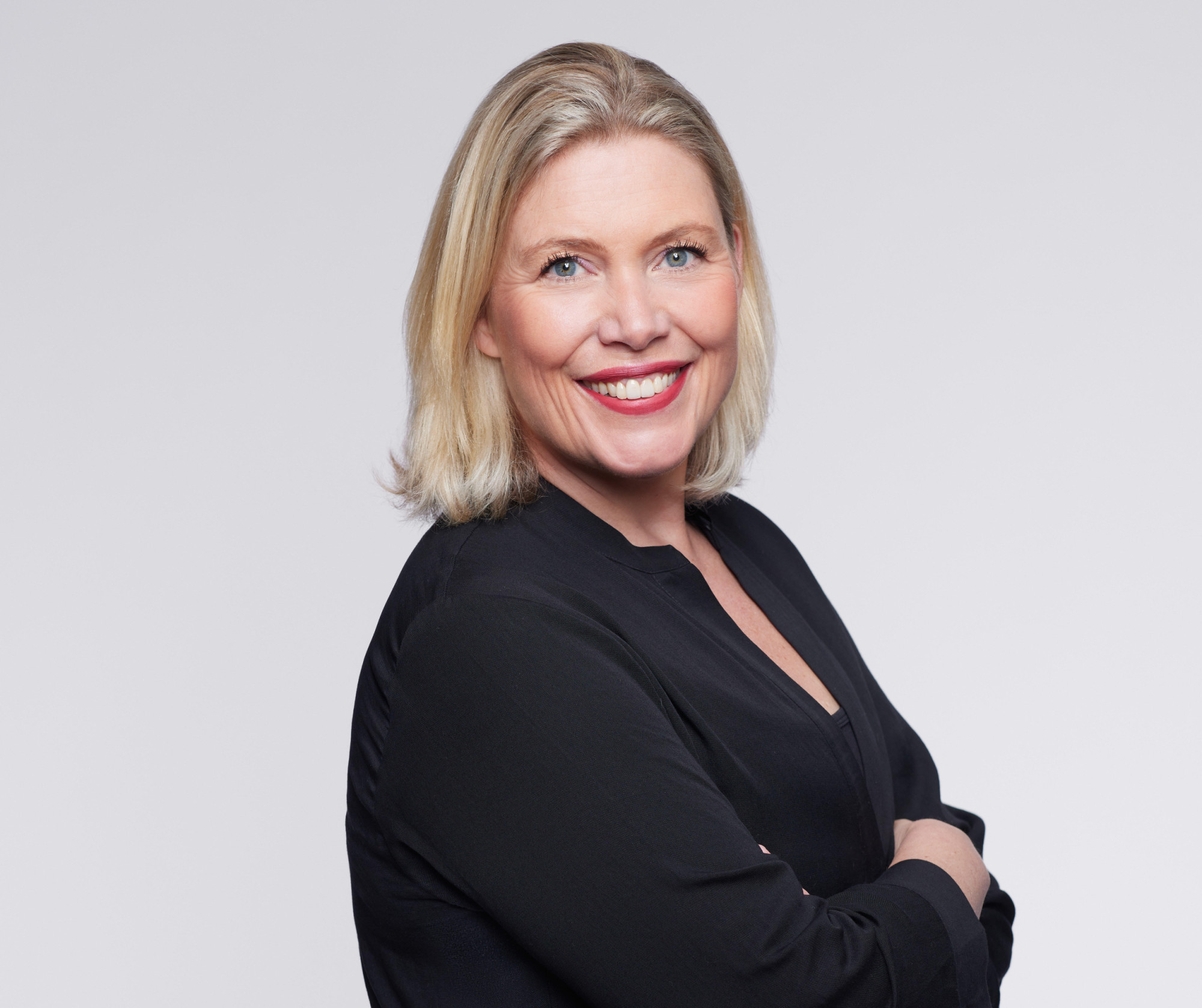
TEDx talks: 9 speakers in Hong Kong to share insights on health, wellness, femtech advances and more
- TEDxTinHauWomen, on November 14 at the West Kowloon Cultural District’s Xiqu Centre, will feature nine speakers on the theme of ‘Two Steps Forward’
- We talked to three of them on strength training to combat chronic illness, building domestic workers’ courage, and improving women’s health in Asia with femtech
As a child, Dr Laurena Law watched her parents – both medical doctors – help others on the path to wellness.
It was a shock, then, when her mother was diagnosed with osteoporosis at the age of 52 after she broke her ankle. Her mainstream treatment was vitamin D and calcium. There was no mention of resistance training.
“My mother didn’t know that taking care of her muscles was something she could do for early prevention. Twenty years ago, that wasn’t even on the medical treatment radar,” says Law, a general practitioner who grew up in Hong Kong and Australia.
“I want to help women understand that even when we don’t have symptoms or feel pain, our process of ageing is ongoing … so we need to start taking care of our bodies now.”

This is the message Law will be sharing in her talk at this year’s TEDxTinHauWomen, an event featuring nine speakers on the theme of “Two Steps Forward” taking place at the Xiqu Centre in the West Kowloon Cultural District on November 14.
Topics will span weight training for women, wellness for domestic helpers, the rise of “femtech”, and more.
Three speakers share highlights of their talks.
1. Dr Laurena Law
Invest in your future by developing your physical strength
Law says that taking care of your muscles is a skill that needs to be learned just like riding a bike or driving a car.
This might mean going to the gym, consulting a physiotherapist, or following a YouTube video.
“What’s most important is implementing meaningful strength-building exercises into your routine,” she says. “For example, after you brush your teeth, do 10 wall push-ups to strengthen your upper body. Once you get better at it, you’ll want to step up the challenge.”
Law says adopting a healthier lifestyle can greatly reduce the risk of developing a chronic illness. Yet while we know what we should do, we struggle to implement it. Law’s passion is to change peoples’ mindsets about what they can do and help them take small steps toward building strength.
“My mother only started resistance exercise at the age of 73 after experiencing a pelvic fracture following a fall, but she’s seen significant improvements, so it’s never too late to start.
“I really want people who are older to not give up on themselves and not be resigned to losing function over time.”
Law believes that two steps forward is about growth – and to invest in your future, you need to invest in your strength.
2. Eny Bawse
Building domestic workers’ courage and confidence
Eny Bawse, an Indonesian domestic worker who has lived in Hong Kong for 13 years, hopes to use her own story to inspire migrant workers to empower themselves with courage and confidence.
Bawse believes that domestic workers, like all employees, deserve support and training, but that should come with an understanding of the unique challenges inherent in their lifestyle, which set them apart from the average person.
“Mental health practitioners will tell you to meditate for self-care but if I’m feeling overwhelmed, I’m still living in someone else’s home and have responsibilities. I can’t just stop what I’m doing to meditate,” she says.

Bawse explains that there is no system in place that enables housekeepers to speak freely with their employers about their struggles or needs.
“We speak with labour unions or talk to the government, but the group of people who need to hear from us directly, who hold the key to all of this, is our employers.”
Bawse emphasises the need for collaborative household management and employer empathy towards housekeepers, who face distinct challenges outside traditional employment or familial contexts. Consequently, helpers are often overworked and undervalued.
“The absence of my housekeeper friend [for her one-month home leave], who was caring for two grandparents in a family, and whose presence was regarded as insignificant, had a huge impact on her employers,” she says.
The employers had to adjust their schedules and lifestyles and were forced to place their parents in a nursing home, incurring a cost of HK$48,000 (US$6,100) per person for the month.
“This amount, HK$96,000 in total, exceeded their helper’s annual salary.”

Bawse encourages employers to be mindful of their communication, paying attention to their choice of words and tone.
Yelling at and nagging domestic workers can be demotivating. If employers can navigate conflicts with their colleagues and superiors at work in a respectful manner, they should extend the same courtesy to their household employees.
“By acknowledging that your support system needs a support system themselves, we can all move two steps forward.”
3. Maaike Steinebach
Femtech solutions aim to boost women’s health
Born in the Netherlands and raised in Saudi Arabia, Maaike Steinebach has also lived in Singapore, mainland China and Hong Kong, where she moved 13 years ago.
With her experience in financial services and technology, Steinebach joined FemTech Association Asia as a co-CEO to build the first membership-based femtech industry network and advisory in Asia.

Her mission is to improve women’s health in Asia.
“We are suffering from a massive gender health gap. Women’s health is under-researched. We don’t know enough about the female body to say with confidence that women aren’t suffering or dying unnecessarily,” she says.
“By using technology and data, women can take back ownership and responsibility for their own health and well-being.”
Steinebach believes that pain is not acceptable and that women should not be suffering from medical conditions unnecessarily.
She thinks that women should take an active role in their health conversations and that femtech solutions can help empower them.
“There are femtech solutions that can help you track and monitor your own health. The more you use them, the more data is collected and the more tailor-made the solutions for women, so that hopefully we can collectively close the gender health gap.”
These solutions include period-tracking and fertility-tracking apps. Companies are also screening women’s circadian cycles for early breast cancer detection, and working on menstrual pads that can use menstrual blood to test for infections such as HPV or STDs.
Such tools aim to help women manage their healthcare from the comfort of their homes.
“We have such disparity globally about access to all this information and access to healthcare in general,” Steinebach says. “The technology could bring many of these capabilities to women living in places where they wouldn’t normally have access to it, such as in rural Indonesia, Philippines, India, Vietnam and Cambodia.”
Prevailing stigmas, taboos and cultural conditioning surrounding female wellness in Asia have hindered progress in addressing women’s health concerns, Steinebach says.
Embracing femtech as a solution has the potential to better educate and empower Asian women and propel women’s healthcare two steps forward, she says.

